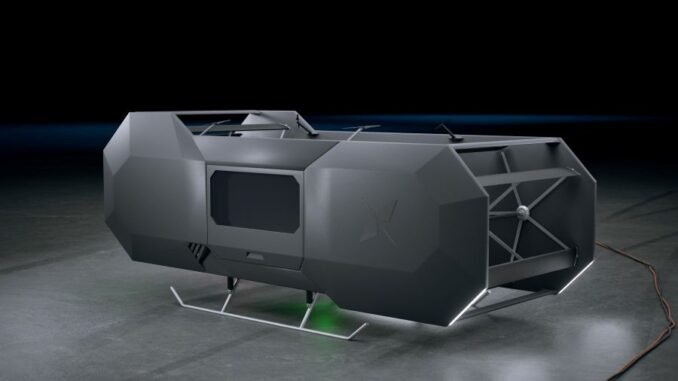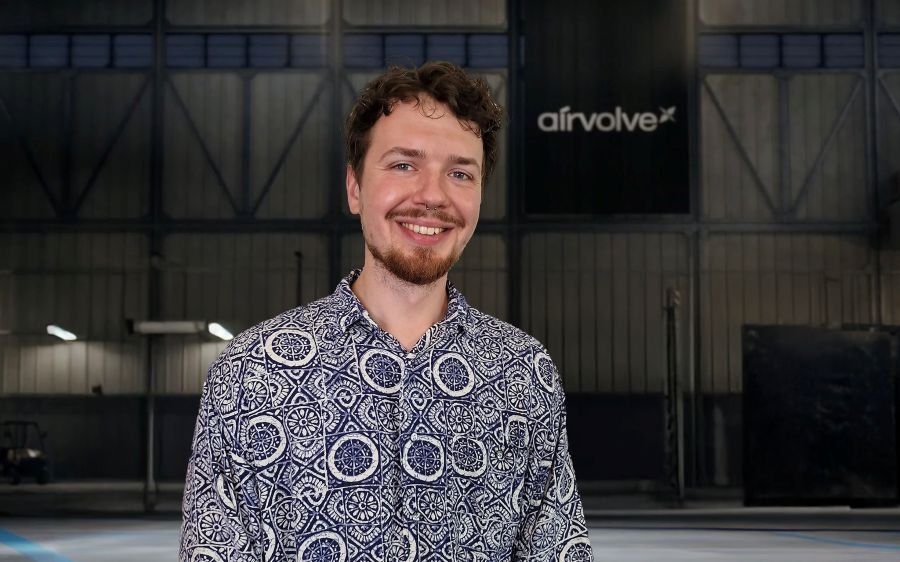
Airvolve, a Lithuanian dual-purpose aeronautics company, has successfully completed its first round of testing and begun the process of patenting its innovative tactical transport aircraft. The company has filed a provisional patent application with the United States Patent and Trademark Office (USPTO), which grants them twelve months to finalize the patent.
The patent will protect Airvolve’s unique aircraft design, which features horizontal-axis rotors and a lift-generating fuselage. It will also cover subsystems, such as the control mechanism, and various aircraft architecture configurations.
According to Airvolve’s CTO, Tomas Narbuntas, “We determined that the United States Patent Office was the best option for filing, both in terms of the patenting process and the global significance of the patent. The USPTO’s patents are recognized in other major countries, including Japan, China, the United Kingdom, Australia, and the European Union.” Tomas further explained, “We’ve submitted all necessary documents, including a detailed application with explanatory illustrations and an operational rationale. While we now have twelve months to finalize the patent, the provisional application already offers protection, granting us the right of priority for the invention. This means competitors worldwide can no longer patent the same technology.”

Airvolve is developing a high-capacity aircraft with operating costs ten times lower than those of conventional helicopters. Its exclusive horizontal-axis propulsion technology enables the aircraft to transport heavy loads over distances of up to 100 km while compacting enough to fit into a 20-ft container.
This aircraft is designed for a wide range of civil and defence applications, including autonomous cargo delivery, wounded evacuation, and search and rescue operations. The prototype was successfully tested in May 2024, marking the end of a two-year experimental research phase. Full-scale test flights are scheduled to begin in the spring of 2025 in Lithuania.
Airvolve has brought together a skilled team of professionals to execute this ambitious project, including people who previously worked at NASA, Ryanair Engineering, and FL Technics.

Be the first to comment